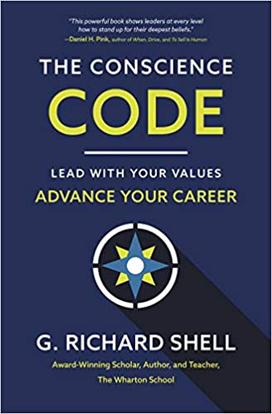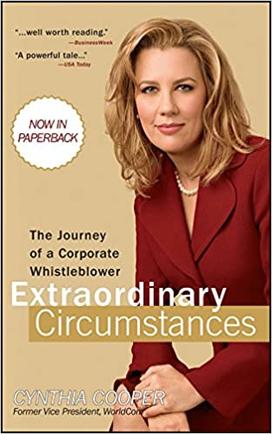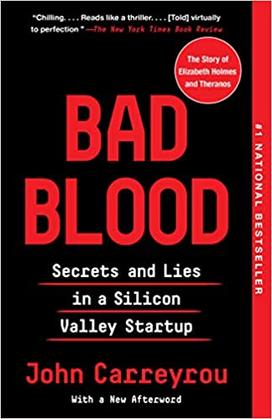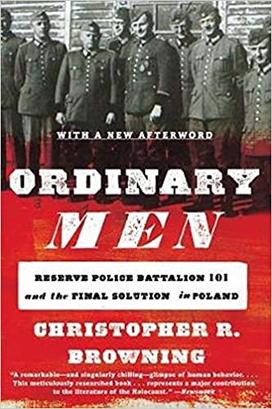G. Richard Shell ’71 on Ethical Conflicts at Work

G. Richard Shell, a professor of legal studies, business ethics, and management at the Wharton School of the University of Pennsylvania, recently published The Conscience Code: Lead with Your Values. Advance Your Career (HarperCollins Leadership). The book shows readers how to stand up for honesty, dignity, fairness, and justice when these core values come under threat in the workplace. PAW asked Shell to recommend three books from his research that especially inspired him. He suggested these:

By Cynthia Cooper
Billions of dollars and tens of thousands of jobs can disappear when corporate leaders lose their sense of right and wrong. This first-person, blow-by-blow account of the infamous fraud at telecommunications giant WorldCom, Inc., is one of the best business ethics books ever written. Cynthia Cooper was the quiet-but-determined internal auditor who blew the whistle. My copy quickly became a mass of “best practice” sticky notes as I joined Cooper on her journey to hunt down the evidence she needed to prove that the crooks running WorldCom were cooking its books. One of her takeaways: “When your principles and your superiors disagree, follow your principles.”

Bad Blood: Secrets and Lies in a Silicon Valley Startup
By John Carreyrou
Women can be con artists, too. Take Elizabeth Holmes, the charismatic founder of the medical device company Theranos, Inc. This cloak-and-dagger book by Wall Street Journal reporter John Carreyrou shows how easy it is for celebrity CEOs to hypnotize the business press into thinking something worth “0” is worth billions. Is Holmes a psychopath? I’ll leave you to puzzle over that. But the Theranos story gave me hope. Two smart young employees, Erika Cheung and Tyler Schultz, with only their moral compasses to guide them, brought Holmes to justice.

By Christopher R. Browning
This book is a stark reminder that the peer and authority pressures pervasive in organizational life have the power to push otherwise good people to do not just unethical, but unthinkable things. Historian Christopher Browning shows us how a group of 500 “ordinary,” middle-aged German men from Hamburg (truckers, pharmacists, shopkeepers, teachers) were drafted into a police battalion in 1942 and ordered to wipe out the Jewish population of a small town in Poland. Their leader was so upset by this mission that, on the morning of the massacre, he offered anyone who felt they could not follow his order a chance freely step aside. Of the 500, only 12 opted out. Faced with this situation, would you be one of those 12? I use this book to remind my students that our choices in ethical conflicts define who we are.












No responses yet